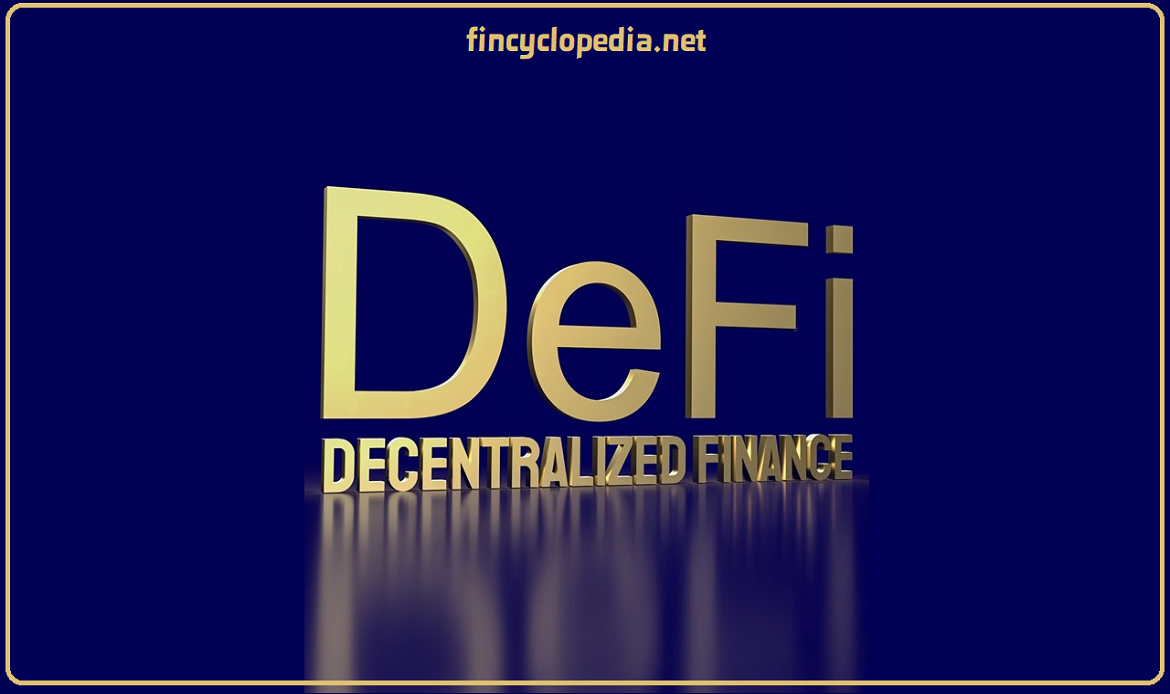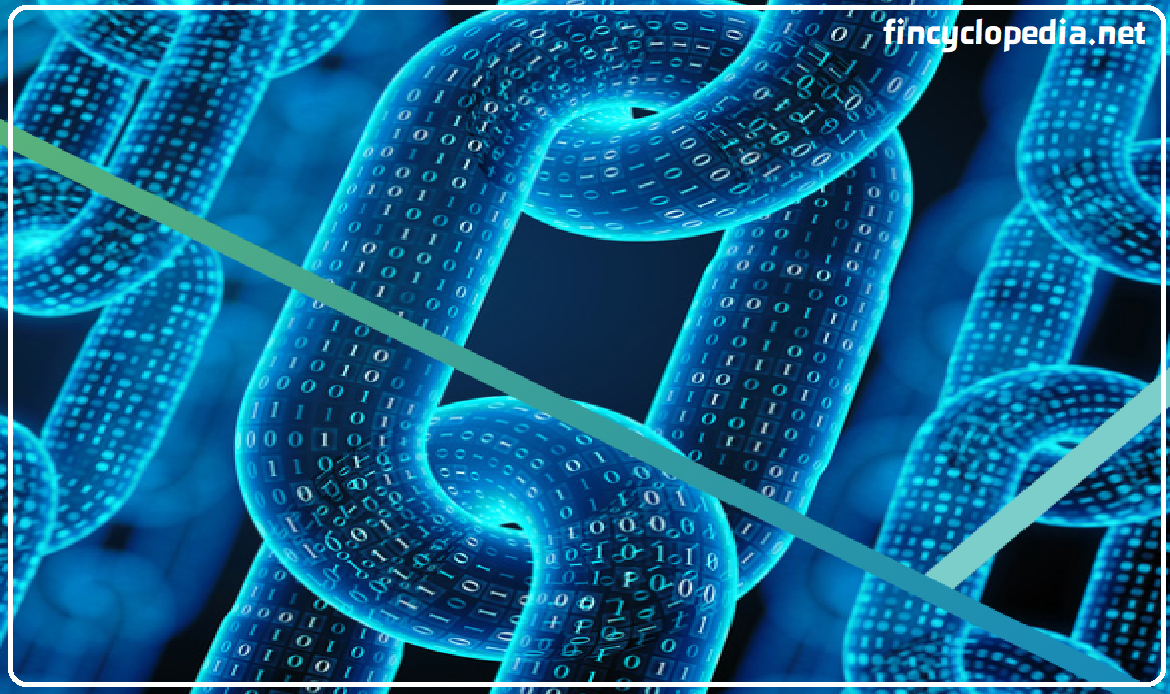
Concept
A DeFi is a blockchain-based and -operated financial system where users and other market players can conduct transactions (trades, transfers, exchanges, etc.), in a direct way, and without intermediaries, involving tools such as smart contracts. Decentralized finance (DeFi) is a broad term for the universal system of blockchains and all applications that operate there in order to allow users to transact directly with each other using cryptocurrencies such as Bitcoin and other certain types of digital tokens.
Decentralized finance (DeFi) capitalizes on distributed ledger technologies (DLT) to facilitate transactions such as trading, lending and investing without using a traditional centralized intermediary. By nature, DeFi components are programmable and permissionless, a feature that can make financial markets more efficient and competitive financial markets. The services are offered by means of a range of DeFi protocols involving smart contracts- software programs that encode the modus operandi of financial transactions and operations. Rather than transacting with a counterparty, DeFi users can interact with blockchain-based programs. The network pools the resources of different DeFi users to securely control the operations.
Interaction and accessibility
As with crypto space, DeFi is global, peer-to-peer where users can directly, without a centralized system, interact for a certain purpose or end. It is also pseudonymous and widely accessible without system-imposed restrictions. Blockchains are digital ledgers that are open to all users and can be updated by all participating devices (nodes). All transactions that flow into a blockchain are verified by certain nodes on the network. The blockchain is a data structure that consists of a number of blocks linked to each other. Each block contains a number of transactions which represent the activity that’s recorded on the blockchain. Differently stated, a blockchain is a decentralized, distributed and public digital ledger where transactions across a network subject to a consensus building process. The records cannot be adjusted retroactively without adjusting all subsequent blocks and the consensus established across the respective blocks. All blocks are encrypted, and once sealed, the contents of the block are permanently secured and cannot be manipulated.





